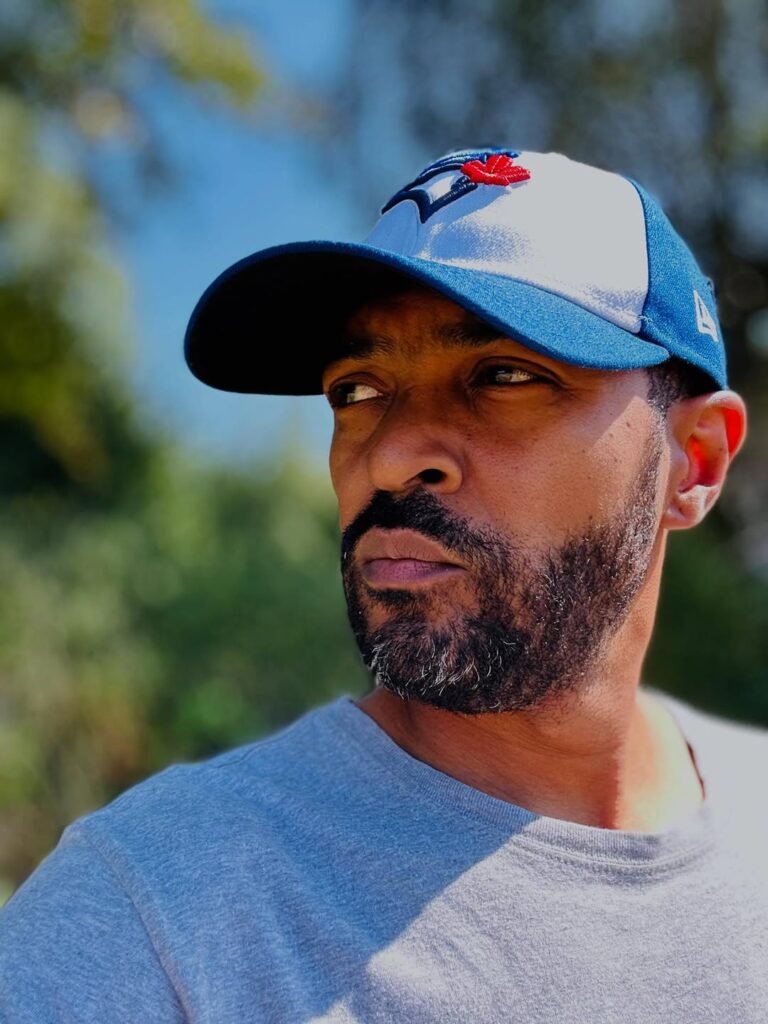Noel Clarke, once a celebrated British actor and filmmaker, now faces global headlines after losing his high-profile libel case against The Guardian. The verdict, delivered by the High Court in London on August 22, is being called a crucial victory by women’s advocacy groups and media freedom supporters. As “Noel Clarke” becomes a trending search in the US, many Americans ask what this means for survivors, journalism, and the culture of accountability on both sides of the Atlantic.
Noel Clarke’s Rise and Fall in the Spotlight
Noel Clarke rose to stardom playing Mickey Smith in ‘Doctor Who’ and as the creator of the “Kidulthood” movie trilogy. He held BAFTA awards and was often cited as a positive force for Black British talent. But in April 2021, The Guardian published an explosive investigation detailing allegations from 20 women accusing Noel Clarke of sexual harassment and misconduct. The revelations immediately halted his career and sparked comparisons to #MeToo reckonings in the US entertainment industry.
While Noel Clarke denied all claims and no criminal charges followed, the effect was swift. BAFTA suspended his membership and award. TV networks and film producers distanced themselves, echoing trends seen with American figures facing similar accusations.
The High-Stakes Libel Battle
Determined to clear his name, Noel Clarke sued The Guardian for libel, seeking roughly $93 million in damages. He argued their reporting was unfounded and destroyed his livelihood. Throughout months of courtroom testimony, Noel Clarke rejected claims he had abused his power, instead suggesting he was the victim of a group conspiracy, emboldened after his 2021 BAFTA recognition.
Legal analysts in both the UK and US watched as the case spotlighted questions about press rights, survivor credibility, and what constitutes public interest journalism. Both sides presented extensive evidence, including hours of testimony and documentary records. The judge ultimately ruled that The Guardian’s extensive reports were “substantially true.”
Judge’s Decision: Truth and Public Interest Prevail
The High Court emphasized that The Guardian’s work met the highest standards of public interest journalism. The reporting was not only thorough, but it gave central voice to each accuser’s experience. While Noel Clarke continued to deny wrongdoing, the judge stated the stories reflected “credible and consistent” accounts supported by others’ testimony and corroborating detail.
Women’s groups celebrated the outcome, with US-based survivor advocates and legal experts commenting that the case sets a new bar for libel defenses involving harassment allegations. They noted that the verdict gives confidence to other publications reporting on abuse allegations and to survivors who wish to speak out about high-profile figures.
Press Freedom at the Forefront
Major US outlets, including The New York Times and The Washington Post, have covered the Noel Clarke verdict as pivotal to press freedom. The case arrived at a moment when many American journalists face mounting lawsuits for reporting on public figures. The court’s decision reinforced the idea that careful, well-sourced reporting—especially regarding sexual abuse and harassment—should be protected, not discouraged.
Media lawyers hailed The Guardian’s win as validation for investigative journalism’s role in uncovering systemic problems, with one US legal analyst stating, “This is exactly the kind of reporting the First Amendment was designed to protect.”
Responses from Advocacy Groups and Survivors
The verdict sparked strong reactions from advocacy organizations. Women’s groups in the UK and US issued public statements praising the court for siding with survivors and upholding journalism as a tool for cultural change. The Women’s Equality Party called the ruling a message “to all survivors who bravely speak up,” and US #MeToo activists cited the judgment as a potential “game-changer.”
Many survivors said the ruling gave reassurance that their experiences would not be dismissed or punished through expensive legal attacks. A prominent American survivor shared online, “If women in the UK can seek justice and be believed, our voices here in the US are stronger too.”
What’s Next for Noel Clarke?
Noel Clarke’s defeat leaves his career and public reputation in peril. While he has public support from some industry peers, most production companies remain distant. Industry watchers in the US note that such high-profile setbacks often lead to long periods out of the spotlight.
Legal experts suggest that Noel Clarke, after losing such a public court battle, faces an uphill climb if he seeks to return to mainstream media. As American cases like those against Harvey Weinstein and Bill Cosby showed, public trust can be slow to rebuild, even when criminal cases falter or fail.
Journalism, Accountability, and Shifting Cultural Standards
The Noel Clarke ruling illustrates how media, the courts, and survivor voices are shifting global standards in accountability for the entertainment industry. The US and UK trends increasingly reward investigative journalists who follow the story, check facts, and refuse to be swayed by celebrity or threats. Today’s verdict encourages similar efforts on both continents.
US audiences, as they search for “Noel Clarke,” will continue to see his name linked to cultural conversations about justice, freedom of the press, and the powerful influence of survivors who demand to be heard.
Read More: Breaking: Eamonn Holmes Responds to TV Storm!

